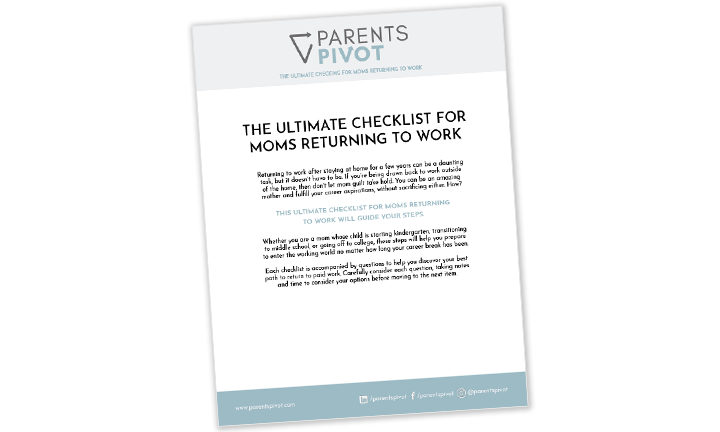Where are my SHOES?!?!
We have to leave in 5 minutes and your sister needs to get in the bathroom NOW!
Adjusting to getting my family up, fed, dressed, and out of the door for school after a summer of relaxed schedules is always a doozy. Someone can’t find their shoes, someone forgets their lunch, someone is in tears because I lost my patience while trying to free up the bathroom for the next person to use it. Navigating change can be tough, but it’s a reality that we must all face in life.
In motherhood, we are forced to navigate change more than “normal” – whatever normal is – because our children change so quickly as they grow. As soon as you have a solid nap time down, your child decides to drop a nap. Once you finally help your child overcome separation anxiety, they start hitting other children on the playground and you have something new to work on. Then you add a new baby to the family, which is an adjustment for everyone. Then preschool starts and you have a schedule change. Then extracurricular activities are added to your evening routine, leaving you to adjust things once again. I could go on and on…
Change never ends, which means navigating change becomes a mom superpower. We do what we need to do to be flexible while also sticking to our values and priorities amidst both big and small adjustments. This skill keeps our families united, and is also a workplace transferable skill that we can use to return to paid work after kids.
Dissecting Mom’s Navigating Change Superpower
There are four elements that really stand out when it comes to developing the navigating change superpower to utilize it as a workplace transferable skill.
Effective time management equates to less stress, enhanced confidence, and more peace in both your work and home life. Learning to time batch, delegate tasks, and automate tasks are just a few of the time management skills that can strengthen your ability to navigate change successfully. When things change, your time management skills kick in to adjust quickly.
At work, demonstrating that you can work quickly and efficiently is a major value add to any team. Be sure to showcase your time management skills and how you can transfer them to work when drafting a cover letter or during an interview to put yourself at the top of the candidate pool.
Creative problem solving in the day-to-day aspects of navigating change is critical. From major crises like medical issues and injuries to the everyday snags that are regular occurrences in life with kids, parents encounter problems that need solving nearly every day. During change, the problem is often not a lack of solutions but that there are too many options. How do you know which is best?
As a mom, you have become skilled at comparing various courses of action and choosing the best one for your family’s particular make-up, values, and lifestyle. This skill will carry over into the workplace as you evaluate possible solutions and find ones that best align with your company’s values, resources, and goals.
Adaptability is the name of the game when it comes to motherhood and it can feel like we have two options: swim against the current or go with the flow. Navigating change successfully means adapting to the current situation by striking a balance between the new circumstances and keeping the good in what was before. As a mother, you recognize what needs to be done, and quickly create solutions to overcome the changes to keep moving forward.
To transfer this skill to the workplace, think of a time crunch situation. When a deadline pops up out of nowhere, you have the skills to adapt and pivot quickly, weighing the options and getting the work done as it’s needed.
Moms build incredible Emotional Intelligence by managing the emotions of everyone in their family and understanding others' feelings as it pertains to the change at hand. We know change is hard for adults and children alike! Helping your family adjust through change – adding a new baby, moving to a new city, when a loved one passes away, when mommy goes back to work – cannot be done without emotional intelligence.
The workplace is filled with people, all bringing their own emotions and personalities to the table as they work together as a team. You can position yourself as a key asset by showcasing your ability to tactfully and successfully work with others (even the hardest to work with!) through emotional intelligence.
When we know that change is coming (and we know it is!), working on these four skills will help you to sharpen your navigating change superpower and leverage it when looking to return to work after a career pause.
Practicing Your Skills To Navigate Change
As you prepare to return to work after caring for children, talk to your family about how past changes have affected them and get feedback about how you and the family handled it. You can also journal about past changes and reflect on what you did well and what you could have done differently.
Parents Pivot offers individual and group coaching for parents looking to return to work after a career pause. If you would like assistance positioning the skills you’ve used at home to manage your household and family – such as navigating change – we’d love to help! Learn more about our programs here.















